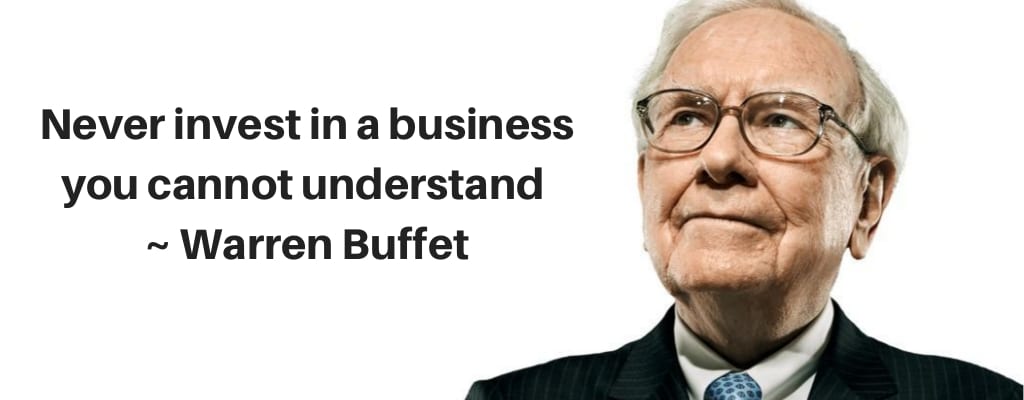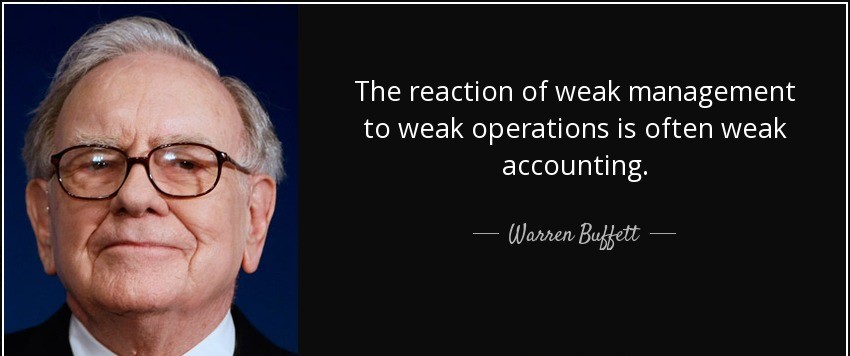Making healthy investments is always important, and its more important now as the world grapples with rising inflation.
Unfortunately, it is truly difficult to understand where to put your money and effort during times of economic uncertainty — but listening to experts can provide helpful insight. The greatest of all the experts Warren Buffett. has recently gave some important insights on what to invest in right now at the annual shareholder meeting of Berkshire Hathaway, his holding company.
“The best investment by far is anything that develops yourself, and it’s not taxed at all,” Buffett said.
Buffett suggests developing your skills for a simple reason. “Whatever abilities you have can’t be taken away from you. They can’t actually be inflated away from you.”
Buffett has also given advice on how to put it into practice. “Address whatever you feel your weaknesses are, and do it now. Whatever you want to learn more, start doing it today. Don’t put it off to your old age,” Buffett suggested.
Taking this learning process forward today we shall list down 8 Investment Strategies that the master himself has suggested to be followed.

- Buy and Hold
He is a strong believer of VALUE INVESTING
Quality Investments grow exponentially over time. Frequent trading reduce returns in the form of commission and taxes.
There are infinite reasons for buying shares of a certain company but don’t invest simply because you believe the price will rise. That’s because even best investors can’t predict the market. invest in companies that you both understand and believe will offer long-term value.
The rule holds true even when people hang on to losing investment for years. Evaluate whether you would still buy the stock today if you had not invested in it earlier.

2. Invest in Companies you understand
Understand how a company makes money, the industry it works in. Research about the business, if it looks complex for you leave it. Look for your circle of competence and invest in stocks that you can relate to
During the technology boom of 1996 he said- ‘I can understand the business behind Coca-Cola, automobile or textile industry. I know how they work and how they can generate profit. I can predict their growth. However, I do not understand technology companies. These companies do not lie inside my circle of competence, therefore I do not invest in them’

3. Search for quality companies
A good strategy is to pay a fair price for a quality company rather than a low price for a mediocre one. Companies with strategic assets, pricing power, secret formulas which give them an edge over competition will outperform even during downturns. Companies with a good return on equity and good reinvestment policies will always outperform and survive all economic pressures.

4. Know the difference between price and value
The most important distinction between price and value is the fact that price is arbitrary and value is fundamental.
Price is mostly governed by market forces of fear or greed and events and price changes are always temporary.
A stock price may vary with investor sentiments but it doesn’t mean that company is unstable and its cash flows are less stronger. Prices fluctuate around the real or intrinsic value but ultimately the market price will reflect the real value.

5. Focus on the right news
Select the news that you listen to. News headlines are designed to trigger investors sentiments. Believe in your own research rather than in the hype.
Be careful who you trust and whose advice you take. Try to look at what they do and how they do it. It may well be that you’re helping them more than they are helping you.

6. Investing isn’t rocket science…
but there are no shortcuts and magic…..
You only have to be a consistent learner and observer. History based models and rules are risky as current situations may have changed.
Any investment you make that helps you grow your skills and learn new things is worth doing. If you focus on your own skillset and spend a little time each day to learn something new, you can find new business opportunities for yourself, dive into new markets, and discover new possibilities.

7. Management Team should be trustworthy
He says. ‘I think you can learn a lot about that by reading about both what they’ve accomplished and what their competitors have accomplished, and seeing how they have allocated capital over time,” You should see how a company is performing after the management team has taken over.
You should also see how they are treating their shareholders versus how they treat themselves.

8. Sell at the right time
Sell when the Company’s fundamentals have changed and do not meet your investment criteria. Sell when the business you are investing is performing poorly and is likely to remain so in future.
“Should you find yourself in a chronically leaking boat, energy devoted to changing vessels is likely to be more productive than energy devoted to patching leaks.”
Hold on to the companies as long as they remain good companies. As an individual investor, you can’t fix a declining business. Your energy is best spent cutting losses and moving on. “The most important thing to do if you find yourself in a hole is to stop digging.”
Warren Buffet values honesty and transparency in all affairs, and he owns up to his failures. He believes in the concept of autonomy and gives people room for growth. In all companies he acquires, he studies the management, and their competitive advantage then allows them the independence of operations.


